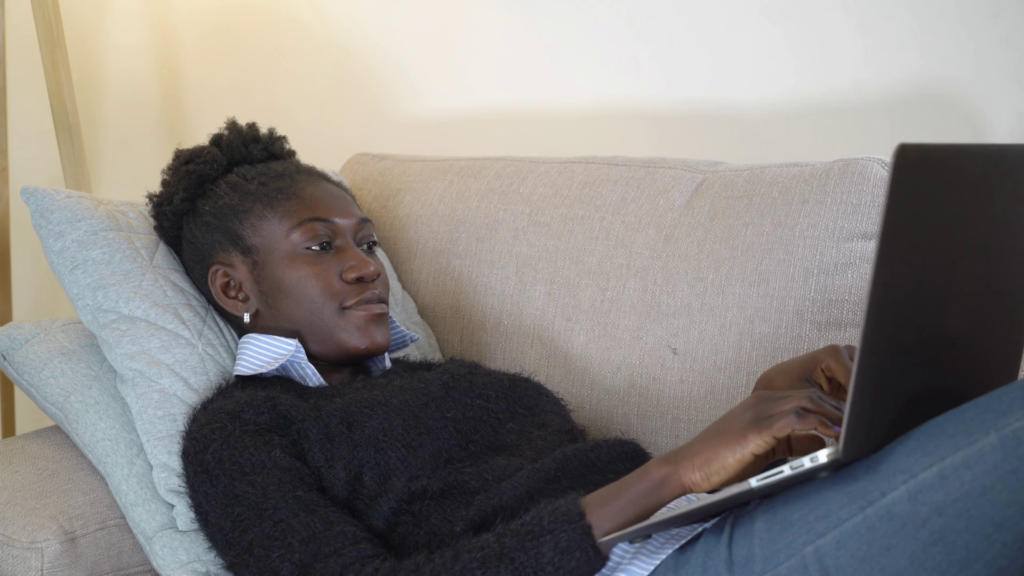
Using Technology to Support Youth Mental Health
Even there are many Youth Mental Health organizations, in some cases, patients fall through the cracks and how is a young person able to access a private psychologist when those most vulnerable are unable to pay the gap or traveling is too far? Having to wait six months on a public mental health waiting list can mean the difference between recoveries and relapse or life and death.
There is a useful online component that people could access with ease, giving information on anxiety and depression. This diminishes the embarrassment of people knowing about the problem and still allows for a possible solution.
The current findings show that the Internet is a prominent source of information, advice, and support for many young people, particularly those with a probable mental illness, with over half of young people with and without a probable mental illness indicating they felt comfortable with this source of support.
The use of online technologies is increasingly playing a major role in the delivery of mental health services and supports to young people, including information, prevention, assessment, diagnosis, counseling and treatment programs targeting various conditions and levels of severity.
Online technologies offer an alternative to face-to-face delivery of prevention and education programs and offer significant advantages, particularly in terms of cost-effectiveness and also in being able to be accessed in rural and remote areas. Through online provision, evidence-based programs can be delivered en masse at a low cost without the need for teacher and clinician training. A further advantage is that program fidelity is maintained.
Online delivery also offers an important alternative to service delivery in rural and remote areas where there is limited access to traditional mental health services. However, it is vital that face-to-face mental health services are available in all areas for young people who require more intensive support.
Whilst there is promising evidence for the significant potential of online technologies to increase access to evidence-based mental health promotion and prevention programs, promote youth well-being and reduce mental health problems, there remains a need for further research and program development.
Although there are vast numbers of digital mental health programs available to young people, it is imperative to ensure that those online programs and interventions proven to be evidence-based and effective are compiled and easily accessible in order to maximize uptake and impact.
Some online programs for which there is evidence suggesting efficacy include online, self-directed cognitive behavioral therapy programs to prevent and reduce symptoms of anxiety and depression in adolescents, and positive psychology websites promoting mental health and wellbeing in young people.
Text messaging has also been effective in communicating evidence-based intervention mental health content to young people while preserving young people’s control, privacy, and anonymity and overcoming distance. Organizations supporting young people and their mental health can use technology to provide youth-friendly mental health supports.

